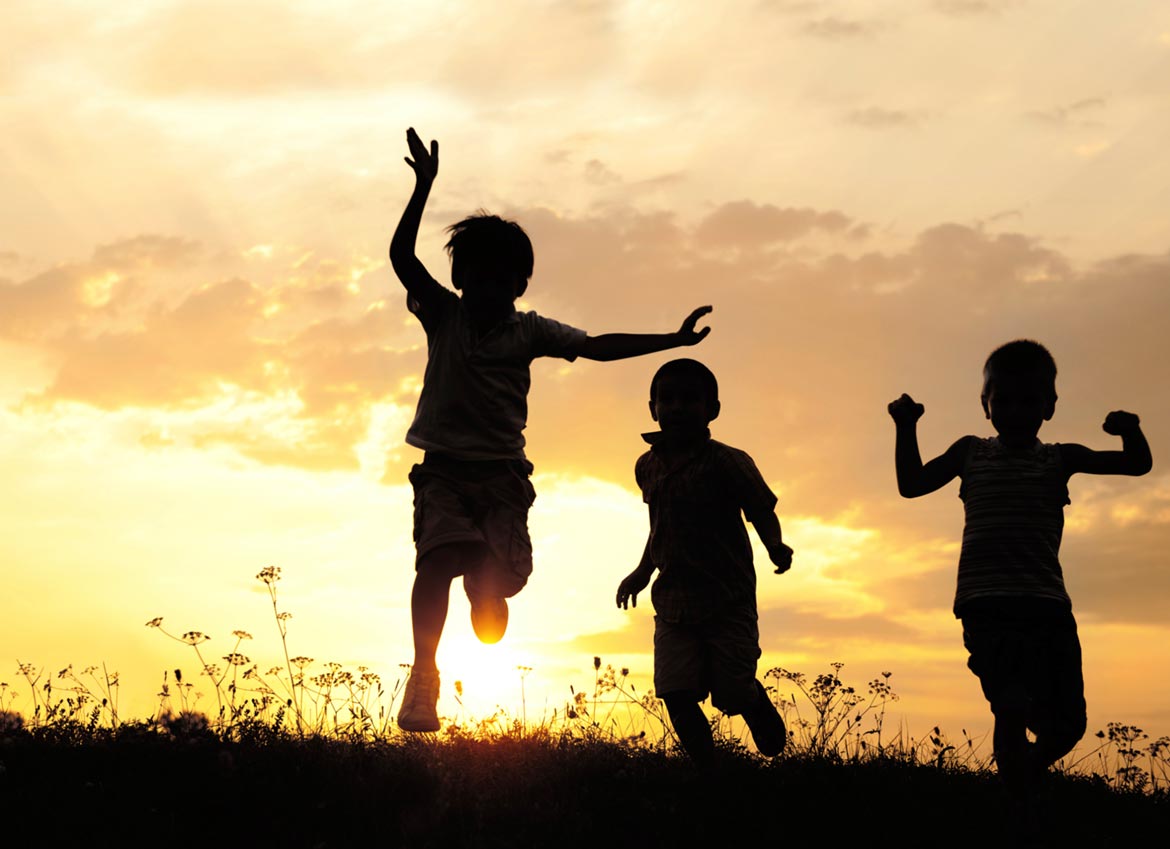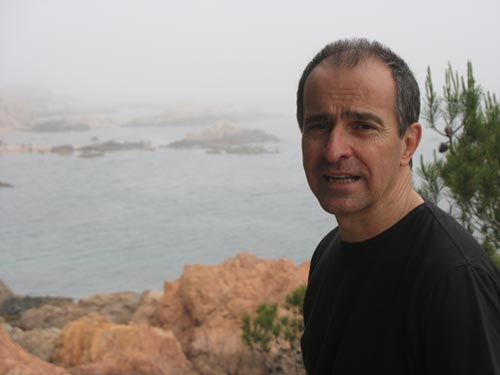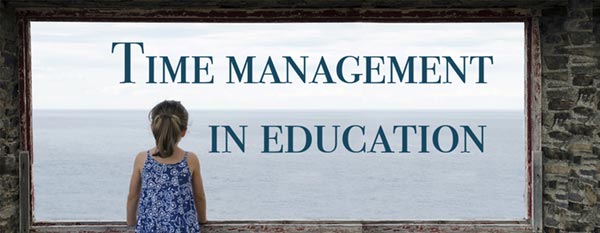On the front page
Slow education? Education!

Why is it important to reflect on time in education? It was the Greek philosophers who first posed two ways of understanding time, and they did so defending two different deities. One of them was Chronos, who represented the time we have available to carry out an activity, the time the event lasts. The second was Kairos. Kairos represented the time necessary in order for an event to be, in other words, to be possible. This slight difference gives us the exact dimension of thinking about time in education: for learning to take place, we need to have sufficient time and not simply try to adapt and spread the time available over the learning to be done.
Our educational curricula and syllabuses are overloaded, which leads to superficial, ephemeral learning, done to satisfy a mere reproduction of the content appearing in text books or contained in teachers' lectures. In these syllabuses precedence is given to speed, the idea that the sooner and the more you learn, the better. Time in education becomes fragmented, and the global and ecological character is forgotten. Finally, it is also a "time" that is controlled and colonised, not by its protagonists, but bureaucratically, from top to bottom, thus impeding the involvement of the student in his/her educational process.
This is the time to which slow education tries to give a response that is more in harmony with the experience of hundreds of teachers who believe that educating, learning, needs time that cannot be cut. Education, as an organic process, in which the involvement of its main stakeholders is essential, has its inspiration in Kairos, with learning that is done so as to be understood. Education with meaning, which relates doubts, interests and personal challenges, with what happens in the classroom, with activities organised for learning.
Education is a slow process by its very nature. A process which must be done at the right moment and which must adapt to the rhythm and interests of each student. When we try to accelerate any learning considered basic, our action may lead us to obtaining valid results, but only in the short term. This is the drama of many proposals that do not respect natural rhythm: they might bring a certain degree of success but this success will only serve to respond to an exam or the execution of a particular task.
As in the case of the ecological crisis there is an abysmal difference between the speed in which nature produces resources and the speed in which society consumes, I believe that one possible interpretation of our educational crisis is the permanent discrepancy between the speed in which we teach and the rhythm in which the student learns. If we could understand and apply some of these basic ideas in the daily working of our schools and colleges, we would reduce unnecessary and counter-productive pressure and we might be in a position to define more coherently what kind of education our present-day society needs.
Education is, by its very nature, a slow process. A process which must be done at the right moment and to be adapted to the rhythm and interests of each student.
Joan Domènech Francesch

Joan DomènechFrancesch (Lleida 1953) He defines himself as a teacher's apprentice and vindicator of life and slow education. He has a degree in Philosophy and Arts and has worked since 1972 as a teacher in different public schools in Cataluña. He has also been a member of the CRP/Casal del Mestre de Santa Coloma de Gramenet and Federación de Movimientos de Renovación Pedagógica de Cataluña.
Besides being a teacher he has carried out lifelong training activities but he is particularly noted for his publications in educational journals and for his books published alone or in collaboration with other experts 'Elogio de la educación lenta' (Praise for Slow Education), 'La educación primaria: Retos, dilemas y propuestas' (Primary Education: Challenges, Dilemmas and Proposals), 'La organización del espacio y el tiempo educativo' (The Organisation of Educational Space and Time) and collective works such as 'La Pissarra'


